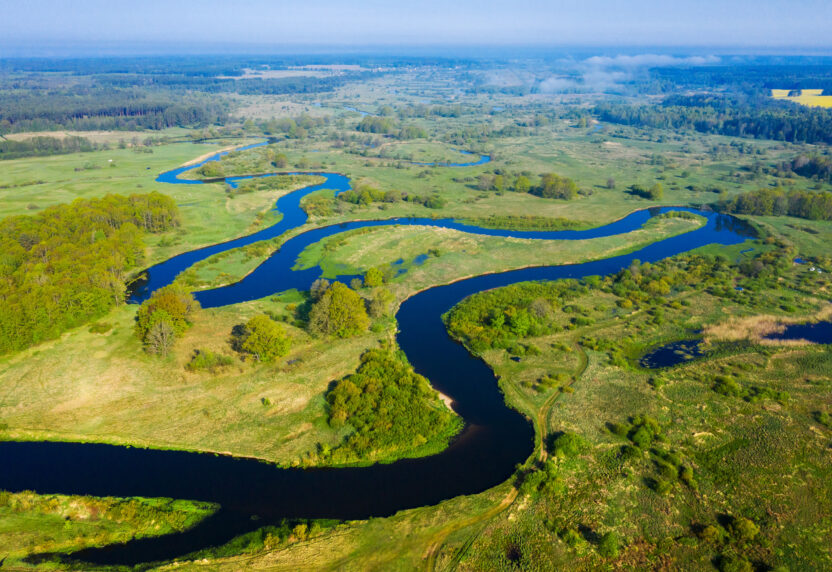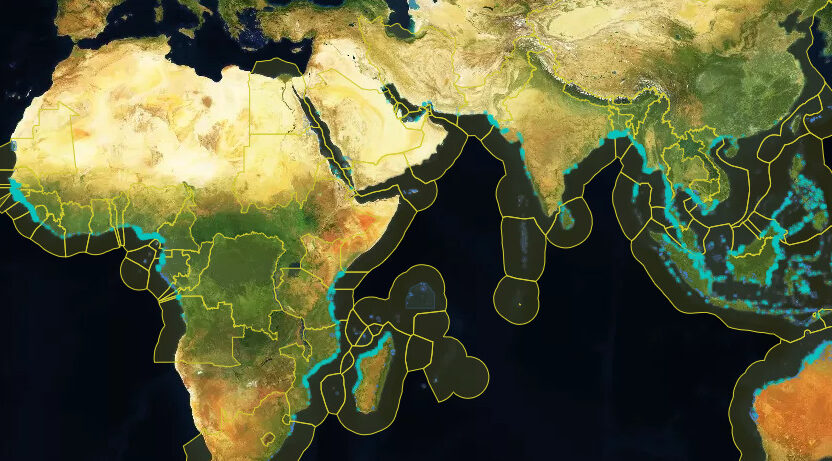
Wetlands International CBD COP16 closing statement
Wetlands International is encouraged by the overall strong focus on water and wetlands at the COP16 UN biodiversity conference in Colombia, illustrating an increased recognition among governments, NGOs, business and finance of the critical importance of wetland ecosystems for the Global Biodiversity Framework’s successful implementation.
Among the negotiated outcomes, we welcome in particular the adoption of a decision by Parties to align biodiversity and climate goals across the UNFCCC and CBD, marking a crucial step in linking CBD COP16 to Convention on Wetlands COP15 and UNFCCC COP30 and ensuring climate and biodiversity are addressed as interconnected crises.
Wetlands are climate superheroes as well as biodiversity hotspots and they play a unique and critical role in connecting action on climate and nature. To harness this potential and grasp the growing momentum on water and freshwater ecosystems, countries should now prioritise wetlands in national action plans for both biodiversity and climate, as well as ensure the Convention on Wetlands is better integrated with global environmental agreements including synergies with CBD, UNFCCC and UNCCD.
COP16 saw wetlands in the spotlight outside of the negotiations, during Forests and Water Day, where more than 140 organisations and experts called for bolder action on water and wetlands; at the One Water Summit and in side events on peatlands, mangroves, flyways, nature-based solutions; in the Global Commission on the Economics of Water’s report The Economics of Water; in calls for greater collaboration with the Convention on Wetlands; and by Panama becoming the latest country to join the Freshwater Challenge – the world’s largest initiative to restore degraded rivers, lakes, and wetlands.
However, overall, COP16 did not send a message to the world that all governments are acting with the urgency and determination needed to halt and reverse biodiversity loss. There is still a pressing need for more attention and action from countries on tackling the underlying drivers of wetland loss and degradation, including the need to eliminate subsidies that are harmful to nature and increase dedicated funding for wetland conservation and restoration.
Countries must also accelerate national action and investment for wetlands. We strongly encourage them to join the Freshwater Challenge and the Mangrove Breakthrough – a global initiative to secure the future of 15 millions hectares of mangrove by 2030 – to support the implementation of GBF targets and goals relating to wetland conservation, restoration and resource mobilisation.
Despite the negotiations being suspended before some key decisions were adopted, there is much that countries and non-state actors can do immediately to make progress towards more ambitious and effective protection and restoration of wetland ecosystems and biodiversity – for example through the use of existing indicators, guidance, tools, knowledge and opportunities for collaboration and support.
Wetlands International provides solutions that can be replicated and scaled up and is deeply committed to contributing to the implementation of the GBF, working together with governments, businesses, local communities, Indigenous groups, and others to safeguard and restore wetland ecosystems, and address the drivers of wetland destruction.
ENDS



